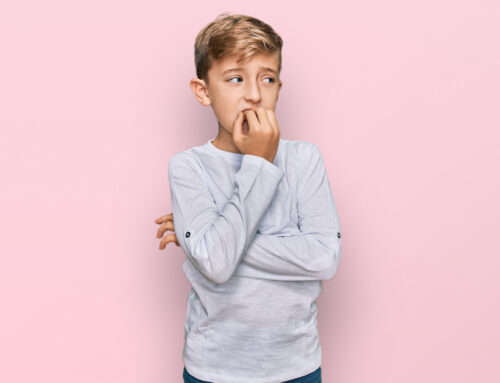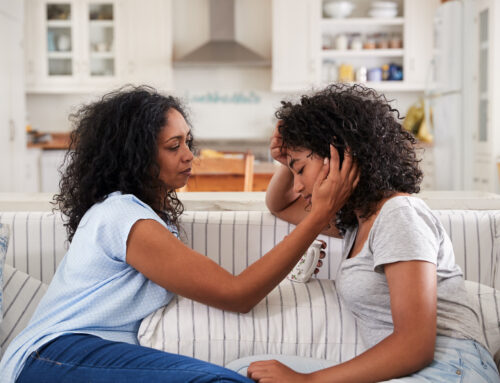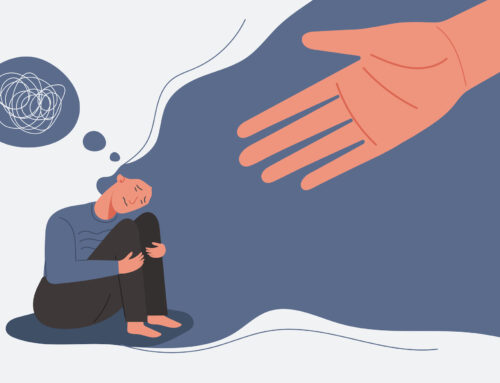Anxiety is a term we use to describe excessive fear and worry that interferes with an individual’s functioning and well-being. Symptoms are often first evident in childhood and persist into adulthood if not treated. This is why there is a strong trend to treat even mild symptoms in children.
Risks of Untreated Anxiety
According to the Anxiety and Depression Association of America (ADAA), anxiety disorders affect 1 in 8 children. Untreated children suffering from anxiety are at a greater risk of performing poorly in school, missing out on important social experiences, and engaging in substance abuse.
Anxiety can lead to depression in adulthood, so imagine the positive effect early treatment can have. When kids are educated about anxiety and learn strategies for coping, they take these skills with them, thus reducing the rate of mental health struggles later in life. Many of us experience anxiety at one time or another when we are afraid, nervous, or shy. However, a child’s phase of being anxious can persist and last for a long period of time, causing him or her to avoid places, people, and activities. In order for a child, teen, or an adult, to manage his or her fear and anxiety, cognitive therapy and exposure therapy may be helpful.
Anxiety Treatment for Children
When treating children with anxiety, I use each of these interventions with a particular emphasis on exposure therapy. After spending a few sessions building trust with the child and educating them (and their parents) about anxiety, the active phase of treatment begins. For example, a child who is fearful of elevators works toward reducing his or her major fear (going up and down in an elevator) through a series of small steps (standing in front of the elevator, opening and closing the elevator door, stepping in the elevator and stepping out, etc.). These exercises are done with the therapist and then with parents between sessions as “homework.” The confidence children feel as they progress up the “fear ladder” is so exciting and they often begin to transfer those skills to other situations in their lives. Children are very responsive to this treatment when delivered with support and encouragement, and when a structured, gradual approach to facing their fears is used.
To learn more about Georgetown Psychology Associates and how we can help you or your child overcome the challenges of anxiety, call us at (202) 333-6251.





